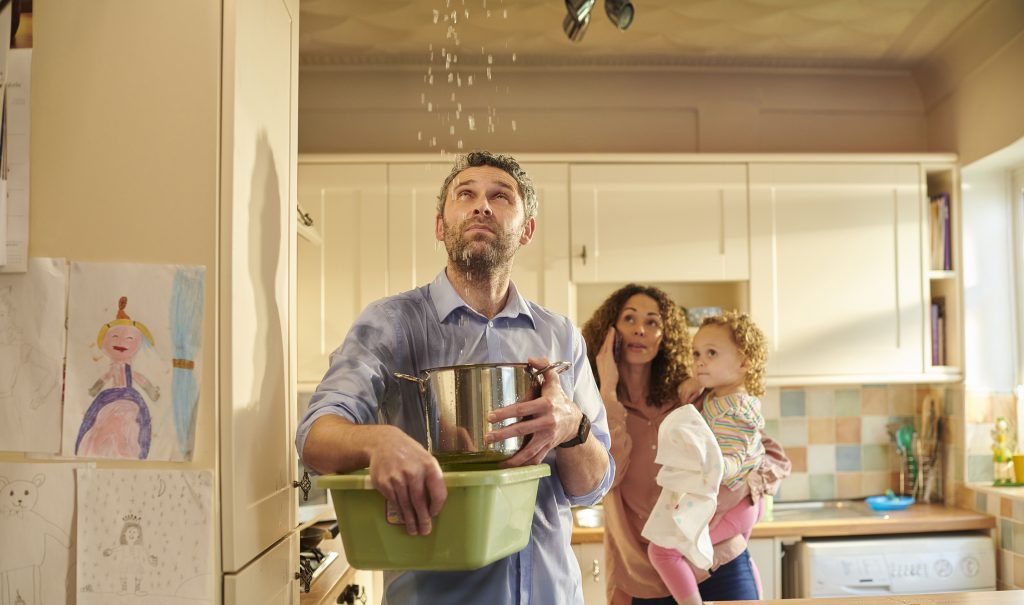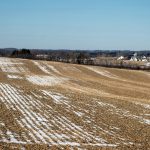Winter Homeowner Tips; How To Prevent Frozen Pipes
It's an invisible threat that can cause major property damage.
An often-overlooked winter hazard at home are frozen water pipes. Frozen pipes present an invisible threat because you’re likely not aware a problem is brewing. Once they burst, it’s likely they’ll create significant and costly damage to a home. Fortunately, following a few simple steps can keep a home warm while minimizing the risk of frozen pipes.
What causes frozen pipes in the home?
As temperatures drop outside, water pipes that are near windows or in walls facing the home’s exterior can freeze. As water begins to freeze, it expands. It’s this expansion that can cause both plastic and metal pipes to burst.
Some of the most common causes of frozen pipes are due to thermostats being set too low, quick, and unexpected drops in temperature, and substandard insulation. Fortunately, keeping a home properly insulated and maintaining a constant internal temperature can go a long way in preventing damage. Some additional steps include:
- Keeping the heat on: It’s important to never let the house get below 55 degrees Fahrenheit during winter months. Maintaining a constant indoor temperature can minimize the risk of frozen pipes. Planning on being away from home for an extended time? Consider installing a monitoring system that can send warnings if the in-home temperature decreases below a specified setting. Also, think about asking a family member or friend to check on the home while away.
- Add insulation: Exposed pipes close to exterior walls or in unheated basements can be wrapped with insulation. Remember to not overlook pipes near windows, as they can also quickly freeze.
- Turn off outdoor water spigots: Even though newer homes may have freeze resistant water spigots, it’s important to know the location of the spigot’s shut-off valve and to test it regularly. In most single-family homes, the shut-off valve is in the basement or the crawl space. A home’s main water shutoff valve is likely on a wall facing the street. Keep the area clear around it for quick access.
- Open bathroom and kitchen cabinet doors: If a cabinet has exposed pipes, keeping the doors open can allow warmer household air to warm them.
- Seal drafty areas: If a home has an attached garage, keep the overhead garage door shut. Occasionally, plumbing is routed through this unheated space, leaving it vulnerable to cold temps.
- Reach out to an insurance agent: While West Bend Mutual Insurance Company provides homeowner’s insurance for damage resulting from burst water pipes, it’s important to talk to an insurance agent to understand the type of coverage being carried to insure there’s adequate protection against potential damages.
Learn more about what to do when a frozen pipe bursts by visiting thesilverlining.com.






















